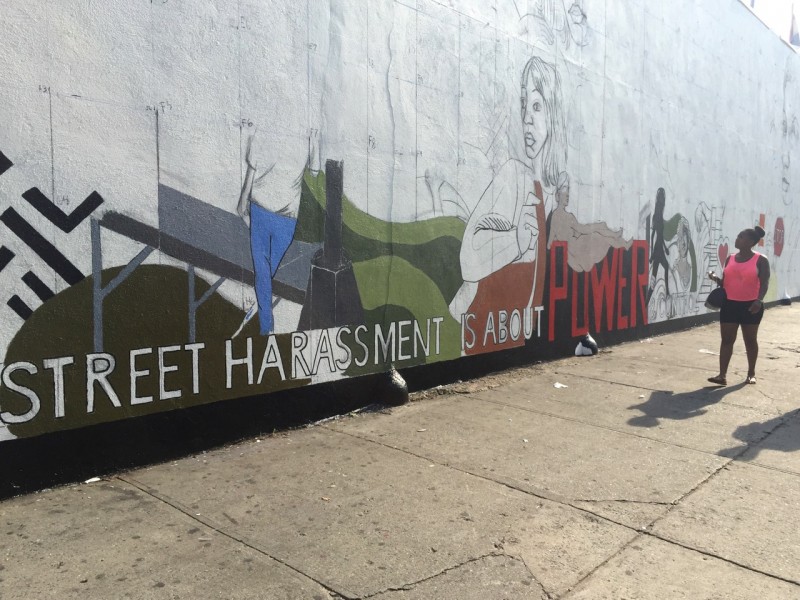I was catcalled for the first time today. I’m 13 years old. I always thought catcalling was something that happened to other, older women, something very uncommon. But today I was proved wrong. I was walking to the checkout at the grocery store, at around 9 PM. There’s this one pair of guys, one in his 50s, one probably 25 or so. They’re walking towards me and my mom too, towards the checkout. At first I didn’t think anything of it, they were just making their way towards the checkout. But then the 50-year-old guy goes, ʺHey baby!ʺ (at this point, I really didn’t register what he said and I was sure he wasn’t talking to me.)
So the guy makes this sound like, ʺUh?ʺ like trying to get my attention or something. And that’s when I realized what was going on. Now, remember, this guy is 50 FREAKING YEARS OLD. I AM 13. I am not mature for my age by any means. My butt is flat, my boobs are almost non-existent, and it’s pretty easy to tell how young I am. And my mom is standing only a few inches away from me. But the guy keeps going. ʺC’mon, baby, talk to me!ʺ My heart started racing and I wanted to cry. I was so scared. I just ignored the asshole. But before the situation could escalate, this creeper’s 25-ish-year-old son saved the day. He said something along the lines of, ʺC’mon, Dad, let’s go.ʺ You could tell he was really uncomfortable with the situation. And I guess they left after that.
I know that way worse catcalling situations occur all the time, but this was the first time it happened to me, and I have never felt worse. Especially when I thought about the fact that this guy was in his 50s, and he was attracted to me, a 13-year-old girl. It’s disgusting, when you think about it.
My mom is half-deaf and can’t hear well in loud situations (such as this grocery store) so she had no idea this went on until I told her about it in the car. She said, ʺI’m sorry that happened. But this is just something you’re gonna have to deal with,ʺ and tried to cheer me up.
So I guess this is what it’s like to be a woman in this society. God, it sucks.
– Anonymous
Location: A QFC in Bothell, Washington, USA
Share your street harassment story for the blog.
See the book 50 Stories about Stopping Street Harassers for more idea


